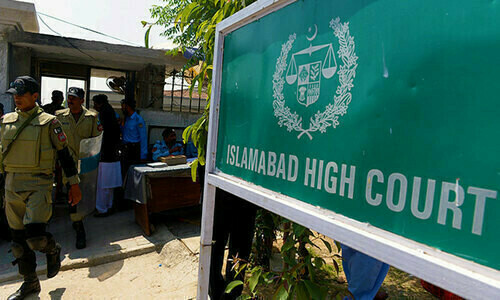WASHINGTON: Former US president Jimmy Carter on Monday proposed three principles as a basis for Syria peace talks in Geneva: free elections, respect for their results and the deployment of peacekeepers.
Syria peace talks are set to begin in Switzerland on Jan 22, though the full list of participants is still unclear.
The talks have gone nowhere up to now because each belligerent “has been allowed to define the preconditions for negotiations,” Carter, who won the 2002 Nobel Peace Prize, wrote in an opinion piece in the Washington Post.
While President Bashar al-Assad considers his opponents terrorists and will not talk until they lay down their arms, the fractured opposition is demanding a full regime change, giving Assad no incentive to bargain.
“No one can win this war,” argued Carter in an article co-written with American University professor Robert Pastor.
“It is clear that the parties think they cannot afford to lose because they fear annihilation and this explains why the war will keep going unless the international community imposes a legitimate alternative.”
UN envoys Kofi Annan and Lakhdar Brahimi “have not been permitted to use their negotiating skills because the principal actors insist on preconditions of victory rather than mutual accommodation essential to bringing the war to an end,” argued the authors.
“These preconditions aim to win an unwinnable war rather than to forge an imperfect peace.”
Carter and Pastor propose basing the Geneva talks on letting the Syrian people decide on their future government in a free election closely monitored by international observers; an assurance that the victors will respect sectarian and minority groups; and the deployment of “a robust peacekeeping force” to make sure those goals are achieved.
Russia and the United States would need to agree to this approach, Iran “and other regional powers” would have to stop supporting their proxies, and the United Nations would have to make peace in Syria “a top priority”.
Unless these “difficult steps” are taken, Carter and Pastor warned, “the war may very well go on for another decade and likely create a wider circle of destruction and death”.
Carter was US president from 1977 to 1981, and his Atlanta-based Carter Center focuses on human rights and democracy around the world. Pastor, who served on the National Security Council under Carter, is the senior Carter Center conflict resolution advisor.












































Dear visitor, the comments section is undergoing an overhaul and will return soon.